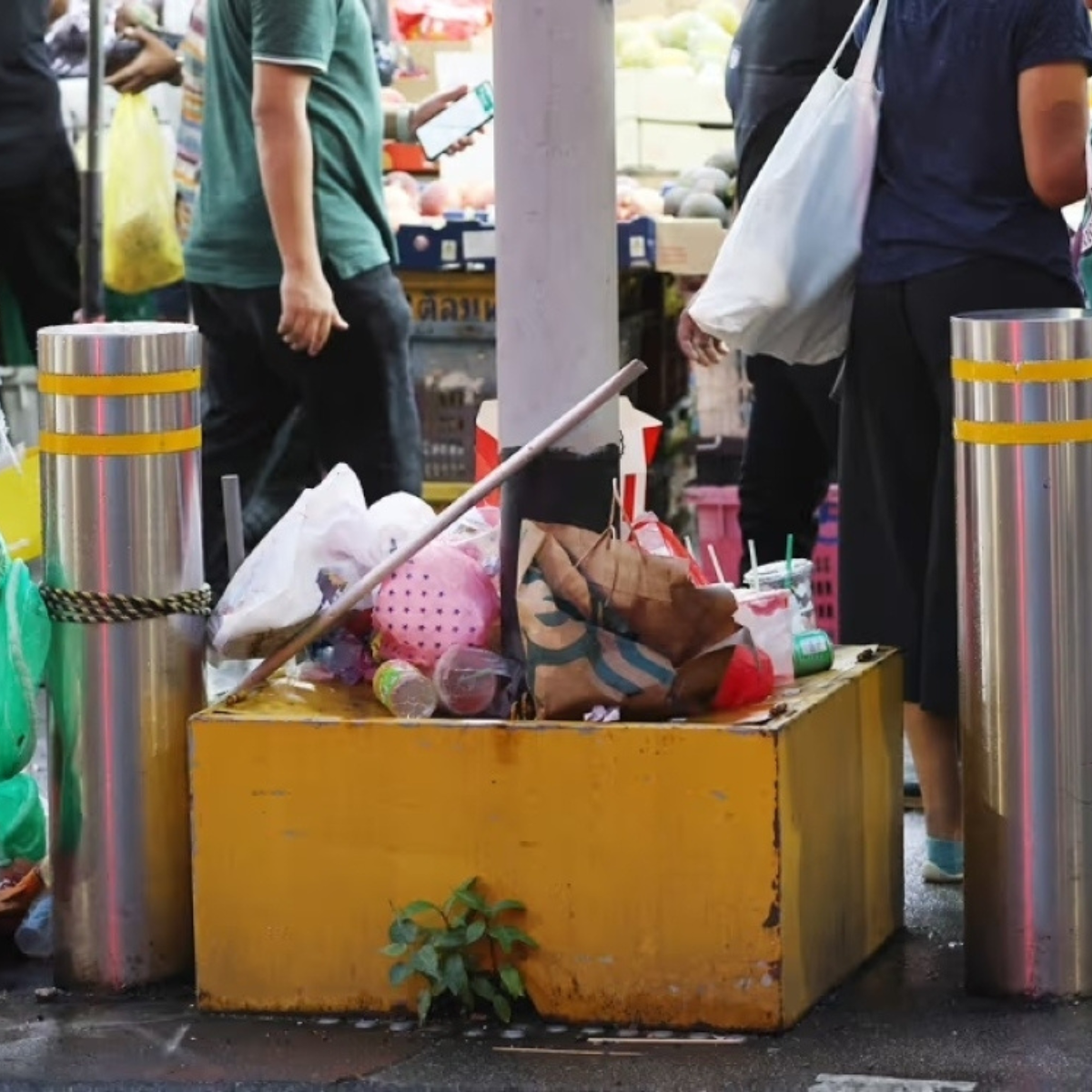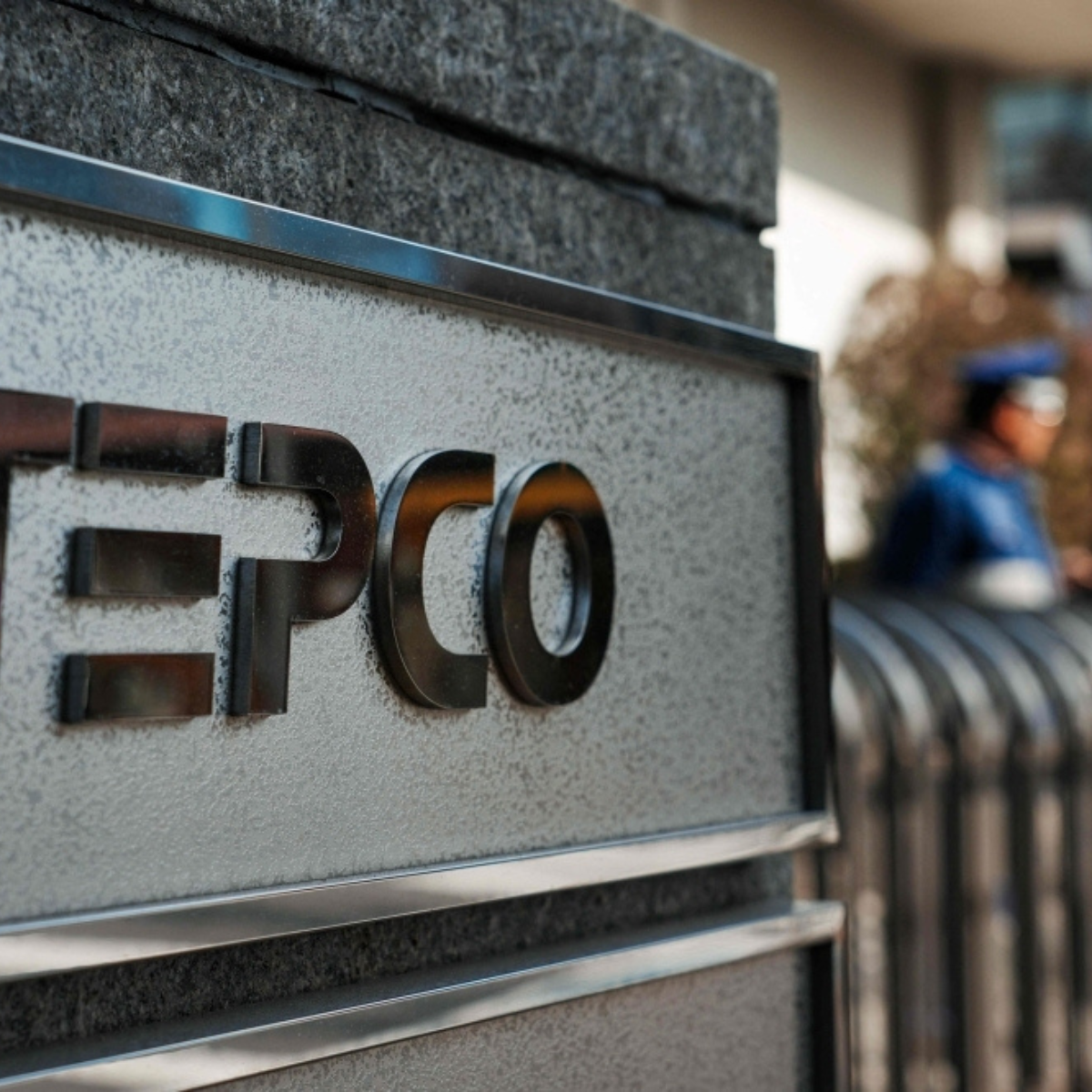KUALA LUMPUR, Jan 23 — Two foreign nationals have become the first individuals in Malaysia to be charged in court for littering under the newly enforced anti-littering law, according to a report by The Star.
GENEVA, May 11 — US President Donald Trump praised his meeting with Chinese officials in Switzerland yesterday, describing it as a “total reset” conducted in a “friendly, but constructive” atmosphere.
In a post on his Truth Social platform, Trump wrote: “A very good meeting today with China, in Switzerland. Many things discussed, much agreed to.” He added, “We want to see, for the good of both China and the US, an opening up of China to American business. GREAT PROGRESS MADE!!!” but did not provide details.
Earlier, senior US and Chinese officials concluded the first day of talks in Geneva aimed at easing tensions in a prolonged trade dispute that has threatened to destabilize the global economy. A source close to the matter said negotiations would resume today.
Chinese Vice Premier He Lifeng held about eight hours of talks with US Treasury Secretary Scott Bessent and US Trade Representative Jamieson Greer. This marked their first in-person meeting since the two economic superpowers imposed tariffs exceeding 100 per cent on each other’s goods.
No formal statements were issued after the talks, and there was no indication of concrete progress on tariff reduction. The discussions, held at the residence of Switzerland’s UN ambassador, concluded around 8pm local time (2am Malaysian time).
The talks come after Trump launched a wave of tariff hikes starting in February, with China retaliating—bringing nearly US$600 billion in annual trade between the two countries to a standstill. The escalating dispute has disrupted global supply chains, unsettled markets, and raised fears of a severe global economic slowdown.
Undisclosed location, high stakes
Although the exact venue was not officially disclosed, both delegations were seen entering the Swiss ambassador’s villa in the Geneva suburb of Cologny—a site with a private park overlooking Lake Geneva.
US officials, including Bessent and Greer, appeared in good spirits, wearing red ties and American flag pins, but declined to comment to reporters. Meanwhile, Chinese officials left their lakeside hotel in tinted-window vans.
Washington’s goals include shrinking its US$295 billion goods trade deficit with Beijing and urging China to shift from what the US calls a “mercantilist” model to one that promotes domestic consumption—changes that would require politically delicate reforms.
Beijing, on the other hand, has insisted on being treated as an equal and wants the US to roll back tariffs and clearly outline its demands. In a commentary, China’s state news agency Xinhua condemned the US’s “reckless abuse of tariffs” but welcomed the talks as a “positive and necessary” move to avoid further escalation.
Low hopes, high tensions
Despite the meeting, expectations for a breakthrough remain low. Both sides are wary of appearing weak, and deep mistrust lingers.
On Friday, Trump suggested an 80 per cent tariff on Chinese imports, offering an alternative to the 145 per cent duties currently in place. He also claimed China had initiated the talks, while Beijing said it was the US that made the request.
Analysts believe China may seek a 90-day waiver on tariffs during negotiations, similar to what other countries have received. Any sign of reduced tariffs or plans for continued dialogue would likely be welcomed by investors.
Swiss Economy Minister Guy Parmelin, who met both delegations on Friday, said the mere fact that talks were happening was a positive sign. “If a roadmap can emerge and they decide to continue discussions, that will lower the tensions,” he said.
Switzerland played a role in facilitating the meeting through recent diplomatic efforts with both countries.
During his stay in Geneva, Vice Premier He Lifeng is also tentatively scheduled to meet World Trade Organization Director-General Ngozi Okonjo-Iweala. The WTO welcomed the discussions as a constructive step toward de-escalation and called for ongoing dialogue between the two global powers.
Since taking office in January, Trump has raised tariffs on Chinese goods to 145 per cent, accusing Beijing of unfair trade practices and failing to curb the flow of chemicals used in fentanyl production. China responded with 125 per cent retaliatory tariffs and denounced what it termed imperialist pressure from Washington. — Reuters






